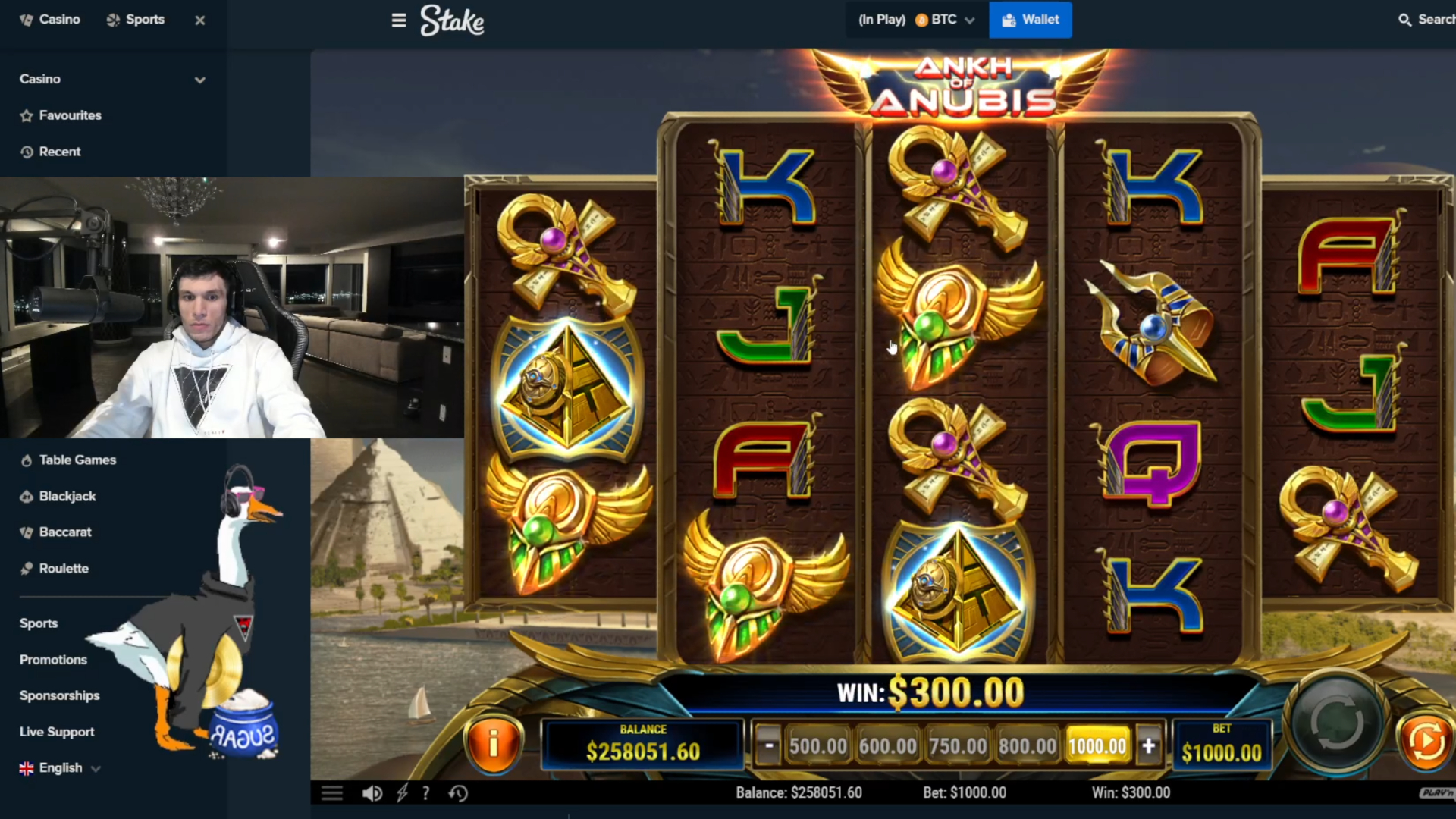Twitch promises to ban streams of unlicensed gambling sites
The Slots category is one of the streaming site's biggest.

After the hashtag #TwitchStopGambling began trending thanks to its adoption by popular streamers including HasanAbi, Pokimane, and Mizkif, Twitch has responded with an announcement that it will "prohibit streaming of gambling sites that include slots, roulette, or dice games" beginning on October 18.
The problem of gambling on Twitch was brought to light recently after Sliker, who streams VR games, Counter-Strike, and Valorant, was accused of borrowing hundreds of thousands of dollars from his viewers, mods, and other streamers without any intention of paying it back. Confronted on a Discord call (via Vice), Sliker admitted to using the money for online gambling. "I don't want no sympathy in this. It's true, it's disgusting," he said. In an apology video, Sliker explained that he became addicted to gambling after getting into skin gambling on CS:GO Lounge, and then moving on to gambling with money.
Discussion of gambling on Twitch inevitably brought up the site's Slots category, which currently has more viewers than Fortnite. It's the seventh-most popular category overall. Viewers watch as streamers put thousands of dollars into virtual slot machines and card games, often in crypto casinos, without being aware they may be playing with "house money" rather than risking their own.
As #TwitchStopGambling hashtag gained steam, streamers suggested going on strike for at least a week around Christmas as a way of encouraging Twitch to ban streams of gambling sites. Twitch responded quickly, and as its statement says,"We'll be making a policy update on 10/18 to prohibit streaming of gambling sites that include slots, roulette, or dice games that aren't licensed either in the U.S. or other jurisdictions that provide sufficient consumer protection. These sites will include Stake, Rollbit, Duelbits, and Roobet. However, we may identify others as we move forward."
However, Twitch's wording does leave the door open for licensed gambling sites. In the United States, online gambling is currently legal in Connecticut, Delaware, Michigan, New Jersey, Pennsylvania, and West Virginia. The statement also says, "We will continue to allow websites that focus on sports betting, fantasy sports, and poker."
Twitch's hesitancy to go further and completely ban gambling on its site may have something to do with the fact that the Slots category has enjoyed "a 66% increase year-on-year", according to a statement StreamElements gave to GamesIndustry.biz, and racked up over 50 million hours watched last month. Twitch's statement ends by saying, "We'll share specifics on the updates to our Gambling policy soon, including the full policy language, to make sure everyone is clear on our new rules before they take effect on 10/18."
Keep up to date with the most important stories and the best deals, as picked by the PC Gamer team.

Jody's first computer was a Commodore 64, so he remembers having to use a code wheel to play Pool of Radiance. A former music journalist who interviewed everyone from Giorgio Moroder to Trent Reznor, Jody also co-hosted Australia's first radio show about videogames, Zed Games. He's written for Rock Paper Shotgun, The Big Issue, GamesRadar, Zam, Glixel, Five Out of Ten Magazine, and Playboy.com, whose cheques with the bunny logo made for fun conversations at the bank. Jody's first article for PC Gamer was about the audio of Alien Isolation, published in 2015, and since then he's written about why Silent Hill belongs on PC, why Recettear: An Item Shop's Tale is the best fantasy shopkeeper tycoon game, and how weird Lost Ark can get. Jody edited PC Gamer Indie from 2017 to 2018, and he eventually lived up to his promise to play every Warhammer videogame.

